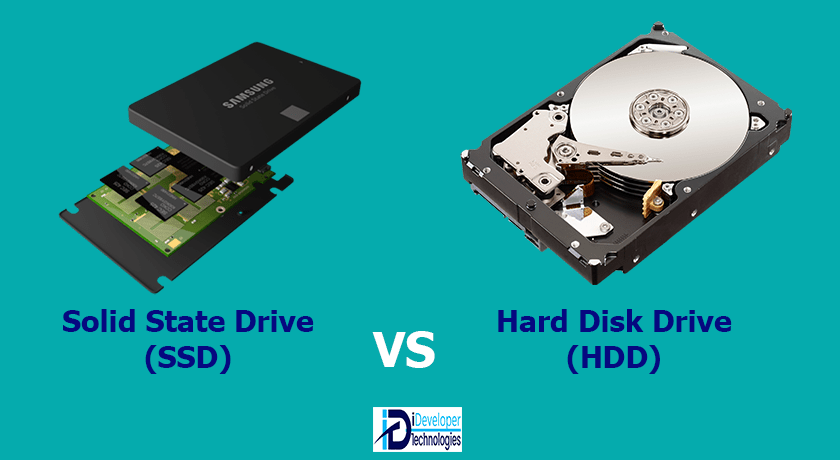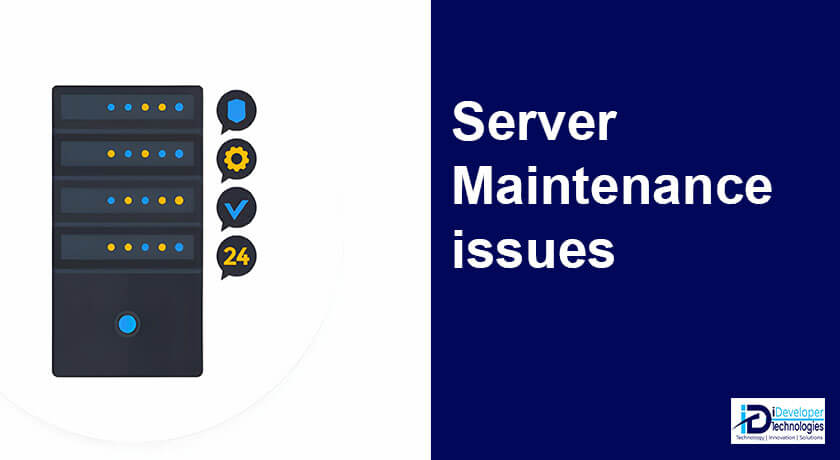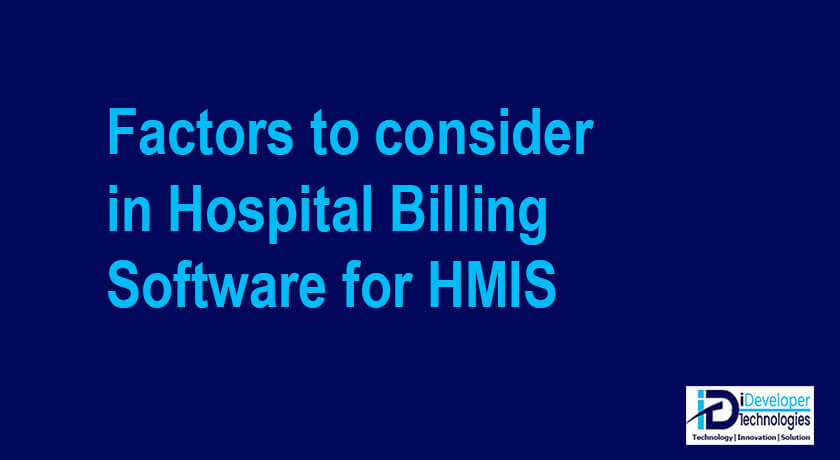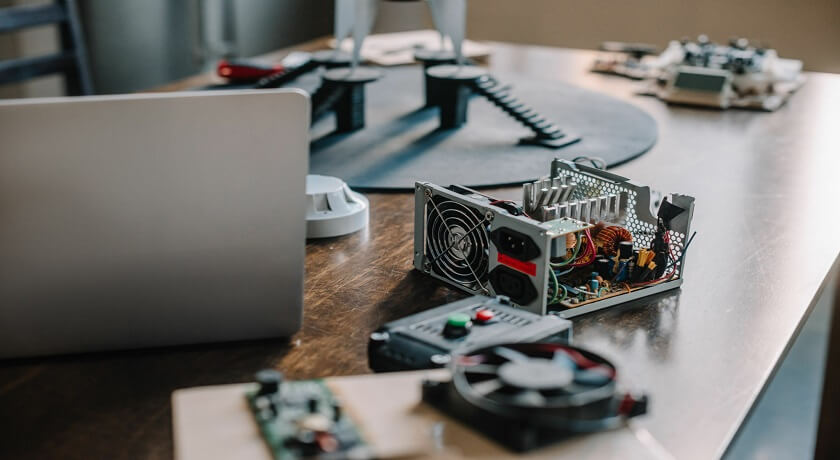Servers are the backbone of modern IT infrastructure, providing essential services and resources for businesses…

SSD and HDD what is the Difference?
“When buying a laptop or a computer we usually are confused between SSD and HDD. Which is the best between SSD and HDD? It’s a question we always ask ourselves.”
These are queries we usually want answered when getting that laptop PC. Whenever we see the SSD or HDD in the system specification we’re left to wonder what SSD is and how it works.
In this post, we describe the major difference between SSD and HDD technology and which one is best for you.
What is SSD (Solid State Drive)?
This is a solid state drive or disk is a storage disk that uses flash-memory technology (more like how the USB Flash disk works). However the memory chips are differ than the normal used in USB sticks.
The SSD is mainly made up of two components i.e. flash controllers and Nand flash memory that makes SSD more reliable, it helps maintain data when the power is lost.
The speed of SSD is between 250mbps to about 500mbps, this is much faster that the HDD device. You rarely experience drive corrupt problems.
SSD tend to boost the laptop performance and function much faster than HDD due to their technology of not using a revolving disk.
How do Solid State Disk work?
Solid state disk store data and files for the longest time. They use flash memory, similar to what RAM use, but the operations are totally different.
They have no moving parts unlike HDD thus the reason they’re called solid state. All these technological features make it a must have accessory in laptops.
Pros of SSD (Solid State Drive)
Durability: The old school hard drive has moving parts but SSDs have chips which make them more durable.
Speed: Not does it maintain great level of read and write performance it generally speeds up the entire functioning of the machines.
Energy Effective: does not need any power to drive the motors thus uses less power consumption, compared to the HDD
Dependable: does not have any moving components that handles more application better and will never have corrupt disk errors
Noise: due to their design of no moving parts, SSD make no noise at all when they’re working
What are the Cons of SSD?
Cost: its very expensive compared to the HDDs this is due to the fact that they use modern latest technology in their functionality.
Less storage capacity: Majority of SSD tech, do not have a bigger capacity compared to HDD, though there is a gradual improvement in their capacity as technology evolve
Data recovery is complex: If its memory chips or controllers have been damaged physically, then all data is lost completely and recovery is very challenging
What is HDD (Hard Disk Drive)?
This is the traditional storage that we’re used to. The disk contains circular disc known as platter and stores your data.
The disk spins, allowing the read-write arm to go through data. The faster the spin the faster the performance of the hard disk, which can also impact how quickly and efficient your operating system performs.
This spins are usually measure as (Revolution per Minute), the reason you may have seen such figures as 5400 RPM or 7200 RPM on hard disk drives.
How does HDD work?
Every PC has their hard disk drive with various capacities in size. During its spins or revolves, it moves the platter at a very high speed i.e 5400 – 7200 RPM. If the RPM Speeds are higher, the you get a high performing machine
What are some of the Pros of HDD
- Not removable device that stores all your data when the system powers off
- Information can be erased or removed whenever and requires no power for saving.
- Has a greater storage capacity of up to 10 TB of storage.
The disadvantages of HDD
- Power consumption: consumes more power that a SSD, due to its moving parts mechanism.
- Slower read-write speed: compared to SSD, they have a lower read-write making the overall PC performance slow down
- Noisy: makes a lot of noise mainly due to their moving components whenever they’re in operation
- Large in Size: it’s usually bulky in size, while it may not be an issue to other people, it may still make to be a challenge to other user and also to the overall size of the pc.
Read: How to partition hard disk drive
The Difference between SSD and HDD
| SSD (SOLID STATE DRIVE) | HDD (HARD DISK DRIVE) |
|
|
|
|
|
|
|
|
|
|
view: computer repair and maintenance services
To sum up, if you have an option then SSD may be the best for your operating system, and general machine performance, however every one has their different needs and taste and for this reason, to sum of us the HDD may offer a better solution to our problem compared to SSD.
Also there are hybrid drives that offer the best of both sides with the speeds of SSD and the capacities of HDDs in a single drive.



